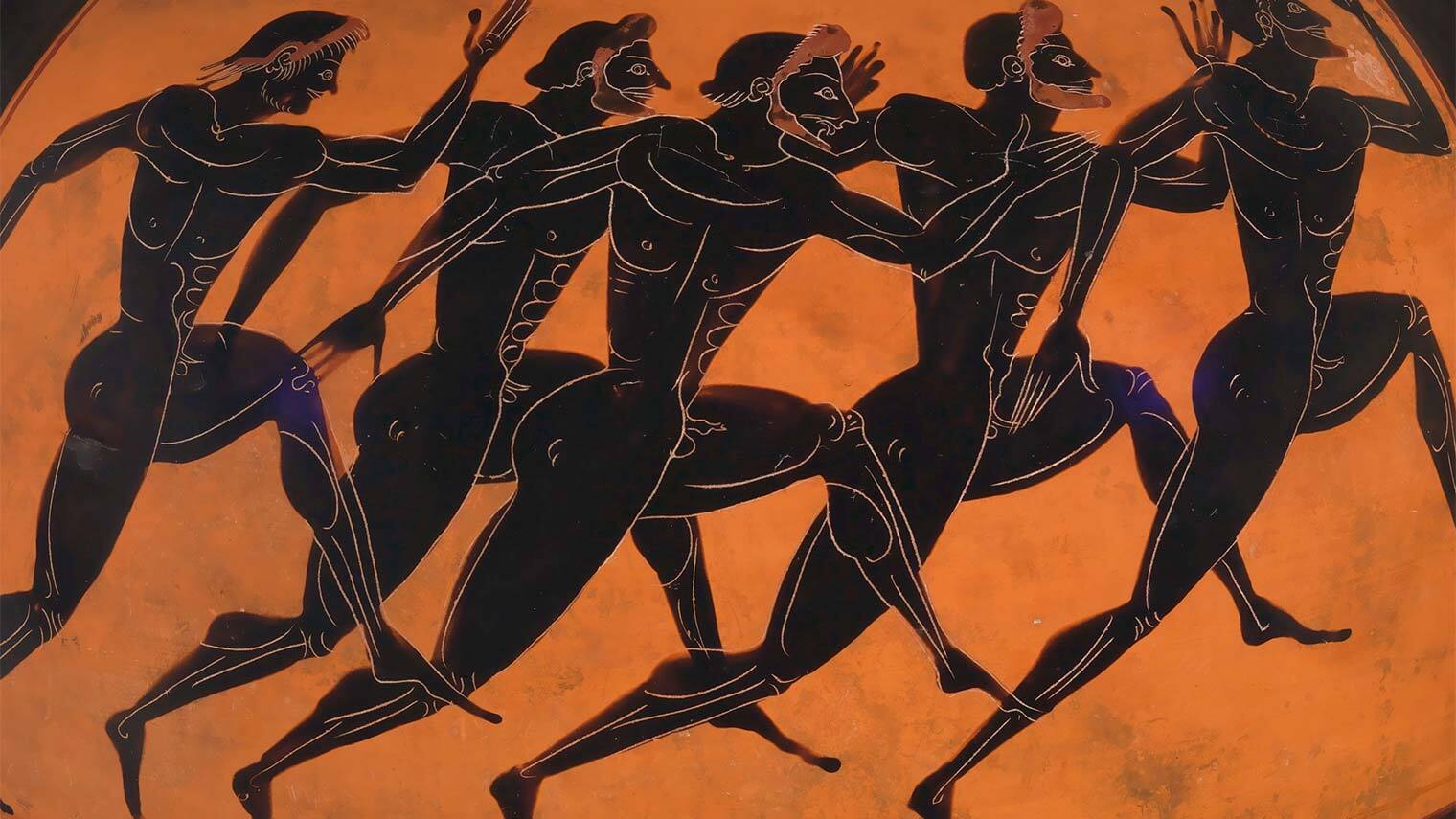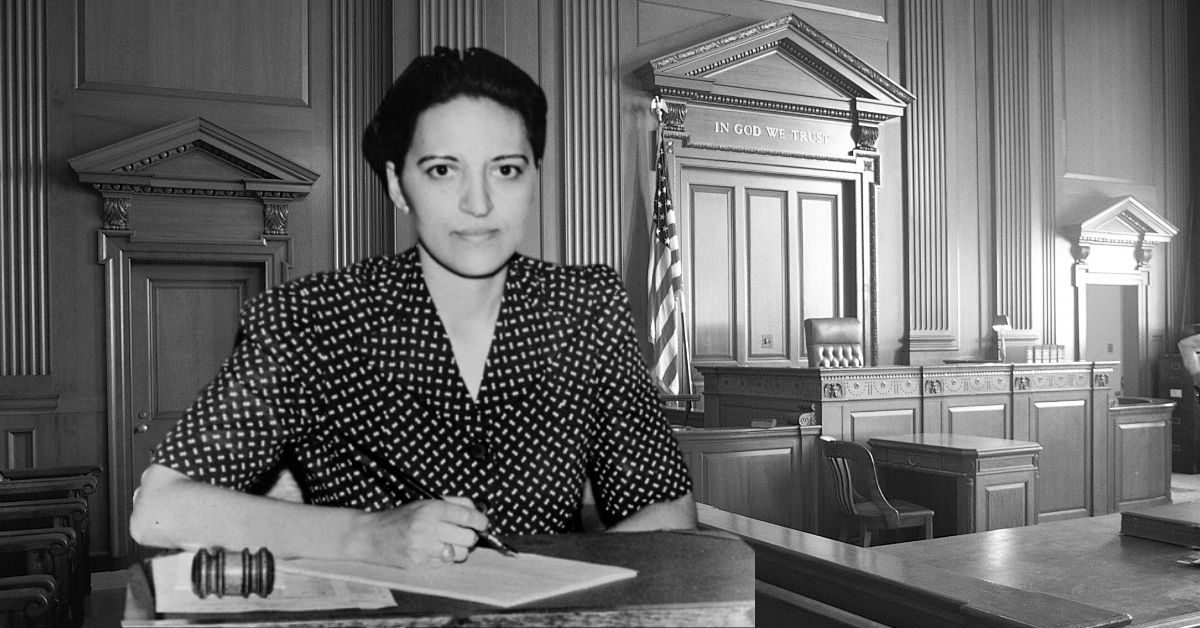
Ever wondered how the Olympic Games we know and love today got their start? Well, buckle up, because we're about to take a whirlwind tour back to ancient Greece, where it all began. Picture athletes in the buff (yep, you read that right), competing not for gold medals, but for olive wreaths and eternal glory. From nail-biting chariot races to brutal combat sports, the ancient Greek Olympics were a spectacle like no other. Did the ancient Greeks really kick off this global phenomenon? Absolutely! These games were more than just a test of strength and speed; they were a celebration of unity, skill, and the human spirit. So, let's dive into 27 fascinating facts about the ancient Greek Olympics that set the stage for the modern games.
Key Takeaways:
- The Ancient Greek Olympics, dating back to 776 BC, featured a wide range of events and a sacred truce, promoting peace and unity among city-states. Winners were celebrated as heroes and received olive wreaths as prizes.
- The legacy of the Ancient Greek Olympics lives on in the modern Olympic Games, influencing sports, culture, and values. The Olympic spirit of excellence, respect, and friendship unites people worldwide in peaceful competition.
Origins of the Ancient Greek Olympics
The Ancient Greek Olympics, a festival of athletic and cultural events, held a significant place in Greek history. These games were so important that they were even used to mark time, with periods dated by the Olympiad, the interval between celebrations of the games.
-
Originating in 776 BC, the Ancient Greek Olympics were initially a one-day event, eventually expanding to span several days by the 5th century BC.
-
Held in Olympia, these games were dedicated to Zeus, the king of the Greek gods. Athletes competed for glory and the favor of the gods.
Events and Competitions
Athletes from city-states all over Greece competed in a variety of events, showcasing their physical prowess and bringing honor to their homes.
-
A wide range of events were featured, including running, long jump, shot put, javelin, boxing, and equestrian events.
-
Pentathlon, a highlight of the games, was a grueling combination of five events: sprinting, long jump, discus throw, javelin throw, and wrestling.
-
Chariot racing was among the most prestigious events, with wealthy owners entering their chariots and horses to compete.
The Sacred Truce
One of the most remarkable aspects of the Ancient Greek Olympics was the ekecheiria, or sacred truce.
-
Ekecheiria was a period during which warfare was suspended, allowing athletes and spectators to travel safely to Olympia.
-
This truce underscores the games' significance in promoting peace and unity among the often-warring Greek city-states.
Winners and Rewards
Victory in the Olympics was an honor sought after by many but achieved by few.
-
Winners were celebrated as heroes and often received material rewards from their city-states, in addition to the prestige of their victory.
-
Olive wreaths, cut from the sacred tree of Zeus at Olympia, were the official prize for the victors, symbolizing honor and glory.
Women and the Olympics
While the main Olympic games were exclusively for male athletes, women had their own set of games.
-
The Heraean Games, held in honor of Hera, the queen of the Greek gods, were the female counterpart to the Olympics.
-
These games included running events and were open to young unmarried women.
The End of an Era
The Ancient Greek Olympics continued for nearly 12 centuries until their decline and eventual cessation.
-
In AD 393, Emperor Theodosius I of Rome officially banned all pagan festivals, including the Olympic Games, marking the end of this ancient tradition.
-
Despite their conclusion in antiquity, the spirit of the Ancient Greek Olympics lives on, inspiring the modern Olympic Games and continuing to fascinate people around the world.
Legacy and Influence
The legacy of the Ancient Greek Olympics is profound, influencing not only the modern Olympic movement but also Western culture and the concept of athletic competition.
-
The modern Olympic Games, revived in 1896, were inspired by the ideals and traditions of their ancient predecessors.
-
Cultural impact extends beyond sports, influencing art, literature, and education, reflecting the enduring fascination with ancient Greek achievements and values.
-
The Olympic spirit, emphasizing excellence, respect, and friendship, echoes the values celebrated in the ancient games, uniting people across the globe in peaceful competition.
-
Olympia, the site of the ancient games, remains a significant archaeological site and tourist attraction, allowing visitors to connect with the rich history of the Olympics.
-
The Olympic flame, symbolizing peace and unity, is still lit in Olympia before each modern Olympic Games, maintaining a tangible link to the ancient tradition.
-
The concept of the amateur athlete, competing for honor rather than monetary reward, draws directly from the ethos of the Ancient Greek Olympics, emphasizing the purity of competition and the importance of personal excellence.
-
Educational programs around the world teach about the Ancient Greek Olympics, ensuring that the legacy of these ancient games continues to inspire future generations.
-
Art and literature often reference the Ancient Greek Olympics, showcasing the games' impact on creative expression and the collective imagination.
-
International cooperation and the idea of a global community, central to the modern Olympic movement, can trace their roots back to the ancient games, where athletes from various Greek city-states came together in peaceful competition.
-
The Olympic motto, "Citius, Altius, Fortius" (Faster, Higher, Stronger), while a modern creation, embodies the spirit of the Ancient Greek Olympics, encouraging athletes to push the boundaries of human achievement.
-
The Olympic rings, representing the five inhabited continents, symbolize the worldwide reach and unity that the ancient games aspired to achieve, bringing together diverse cultures in a celebration of sport and humanity.
-
Sportsmanship and fair play, core values of the modern Olympics, reflect the ancient games' emphasis on honor, integrity, and respect for opponents.
-
The role of spectators, who traveled from far and wide to watch the ancient games, highlights the universal appeal of athletic competition and the communal experience of sport.
-
The influence on physical education programs, which often include track and field events similar to those of the ancient Olympics, demonstrates the lasting impact of these games on promoting fitness and physical excellence.
A Final Look at Ancient Greek Athletic Glory
Diving into the world of the Ancient Greek Olympics has been like stepping back in time to witness the birth of athletic competition. These games weren't just about sports; they were a cornerstone of Greek culture, honoring the gods and forging unity among city-states. From the strict rules about who could compete to the fascinating array of events, every aspect of the games was imbued with meaning and purpose. Athletes trained with intensity, striving not just for personal glory but to elevate their city-state's status. The legacy of these ancient competitions is still felt today, inspiring modern athletes and reminding us of the enduring power of sports to bring people together. As we leave behind the tales of olive wreaths and naked foot races, let's carry forward the spirit of excellence and camaraderie that defined the Ancient Greek Olympics.
Frequently Asked Questions
Was this page helpful?
Our commitment to delivering trustworthy and engaging content is at the heart of what we do. Each fact on our site is contributed by real users like you, bringing a wealth of diverse insights and information. To ensure the highest standards of accuracy and reliability, our dedicated editors meticulously review each submission. This process guarantees that the facts we share are not only fascinating but also credible. Trust in our commitment to quality and authenticity as you explore and learn with us.


